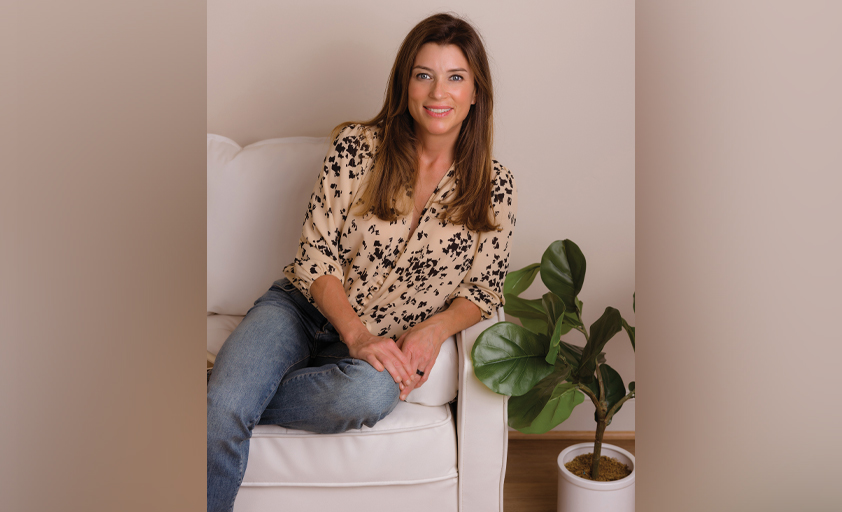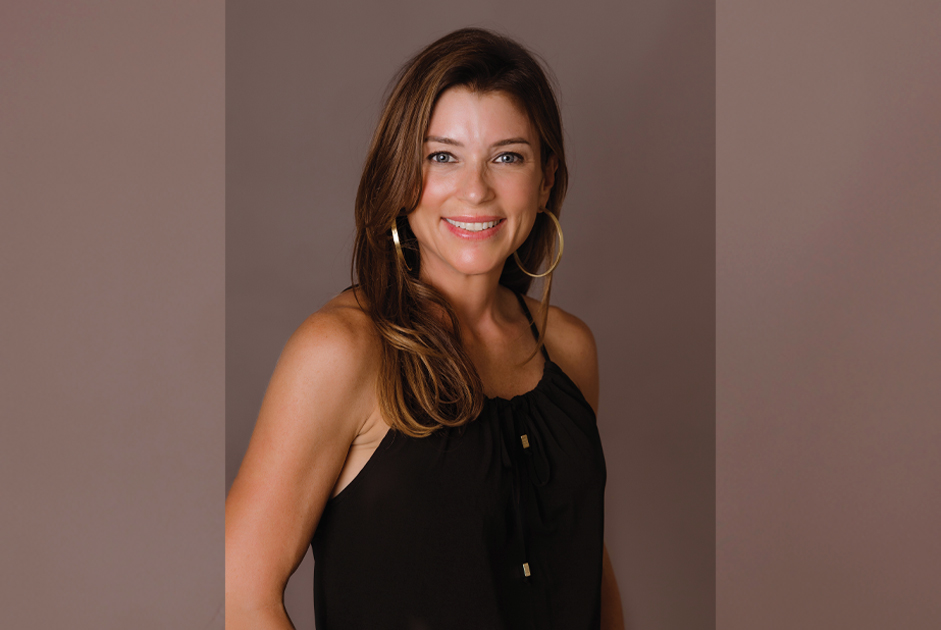Understanding Gluten: More Than Just a Diet Fad
Gluten, a protein complex, is primarily found in grains like wheat, barley and rye. It’s infamous for causing health issues in individuals with gluten sensitivity or Celiac Disease. For these people, avoiding gluten isn’t a lifestyle choice; it’s a necessity. While gluten in wheat, barley and rye is widely acknowledged as harmful to these individuals, the debate continues over gluten-like proteins in other grains, such as corn and oats. This has led some to advocate for a completely grain-free diet as the safest option.
Why Gluten is Problematic for Many
Contrary to popular belief, gluten can cause issues for everyone, not just those with a diagnosed sensitivity. It promotes increased gut permeability which can trigger an immune response. Once the body starts producing antibodies against gluten, a sensitivity develops.
At one end of the spectrum is Celiac Disease, an autoimmune reaction leading to intestinal damage. On the other end is non-celiac gluten sensitivity (NCGS) which may cause various symptoms without intestinal damage. Gluten’s effects can range from neurological issues, as noted by Dr. Hadjivassiliou, to autoimmune disorders like Hashimoto’s thyroiditis.
A comprehensive review in The New England Journal of Medicine even linked gluten to more than 50 health conditions including osteoporosis, inflammatory bowel disease, rheumatoid arthritis and neurological disorders like migraines, anxiety and depression.
Identifying Gluten Sensitivity Symptoms
Gluten sensitivity can manifest in many ways, not just gastrointestinal problems.
Common symptoms include:
- Digestive issues (gas, bloating, abdominal pain, constipation, diarrhea)
- Skin rashes/Eczema
- Headaches/Migraines
- Brain fog
- Poor cognitive function
- Fatigue
- Anxiety/Depression
- Mood changes/Irritability
- Hyperactivity
- Numbness in extremities
- Joint pain
- Neurological symptoms (neuropathy, migraines, dementia, schizophrenia, ataxia)
Embracing a Gluten-Free Diet
The best approach is a diet rich in whole, naturally gluten-free foods like meats, vegetables, fruits and nuts. Remember, even a tiny amount of gluten can trigger an immune response lasting several months, so vigilance is key.
I advise clients to strictly eliminate gluten from their diets for a minimum of 28 days. If you choose to reintroduce, monitor for any symptoms.
Navigating Hidden Gluten Traps
Gluten hides in many everyday products, from soups and sauces to personal care items. It’s important to read labels and be aware of potential cross-contamination, like mushrooms grown on gluten-containing grains or shared fryers in restaurants. Even non-food items like Play-Doh and pet food can be sources of gluten.
Gluten-Free Food List
The best thing you can do is opt for naturally gluten-free foods like meat, vegetables and fruits. When it comes to grains, choose gluten-free options like amaranth, buckwheat, nut flours and quinoa. Be wary of all wheat varieties and grains like barley, rye and non-certified gluten-free oats which are high in gluten.
Favorite Gluten-Free Replacements
Exploring gluten-free alternatives can be an adventure. Most packaged foods labeled “gluten-free” are still highly processed with no real nutritional value. Here are some top choices:
- Bread: Bfree GF Wraps, Siete Almond Flour Wraps
- Pasta: Banza Chickpea Pasta, Hearts of Palm Pasta
- Crackers: Mary’s Gone Crackers, Simple Mills Almond Flour Crackers
- Condiments and Dressings: Primal Kitchen, Noble Made
The Ultimate Guide to Gluten-Free Dining
Eating out when you’re gluten-free can be challenging but manageable. Start by researching restaurants and their menus, and don’t hesitate to call ahead. When dining, communicate your needs clearly to the server, asking specific questions about preparation and ingredients to avoid cross-contamination.
Adopting a gluten-free lifestyle requires diligence and education, but it doesn’t mean sacrificing enjoyable meals, whether at home or dining out. With the right knowledge and precautions, you can maintain a healthy, gluten-free diet without stress. Bon appétit!
A little about me:
My name is Jane Burnette, and I’m passionate about health and wellness. As a holistic health coach with a degree from UNC Chapel Hill and numerous certifications, I specialize in lifestyle changes that empower people to achieve their health goals.
My mission is simple – guide clients to optimize their daily habits, so their bodies’ natural healing processes can kick in. Rather than focus on diets or quick fixes, I teach sustainable strategies for nutrition, exercise, stress relief and more.



















